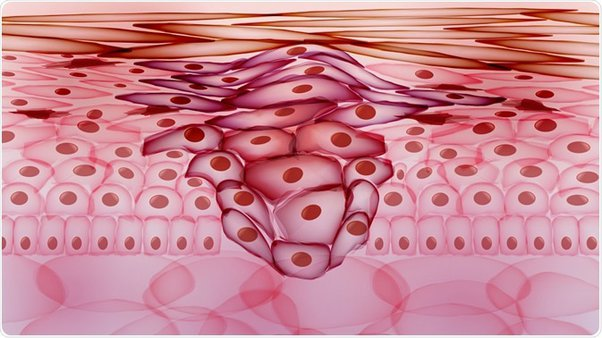HEALTH TIPS
FOLLOW
http://markneswin.blogspot.com/
I'm going to assume this is metastatic cancer to make things more interesting.
our stomach is a monster. It maintains a pH of 2, which allows it to digest almost anything. For reference, blood has a pH of 7.4. This means that your stomach has 100,000 times more hydrogen ions dissolved in its fluids than in the rest of your cells. Is incredible! That would be enough to destroy any blood cell, since they require a stable pH to survive. And that's without mentioning pepsinogens and other digestive enzymes, whose function is to break down the proteins of all the organic matter within their reach.
Did you know that stomach cells, despite their resistance, need to be constantly regenerated because they themselves cannot resist in that environment for long? Well, I wish luck to any cancer cells trying to survive that.
Now you might be thinking, "I'm going to be fine and so is my family, right?" And that is most likely, but let's speculate a little more.
Imagine that you have some kind of wound or sore in your mouth. And some cells manage to get in through those lesions while you chew and swallow your delicious cancer. That bad. Since your tumor is metastatic, some of those cells will find their way into your bloodstream and establish themselves as new tumors! ( note: it is extremely rare for a cell to survive this process, at this point we are just playing with an interesting possibility ) and so now a new colony of cancer has been established. It's the end?
Well, maybe not. Whose cancer was that? Our immune system is really good at recognizing things, especially deciding if something is part of the body or not. If a cell does not have the proper membrane receptors, it will most likely be ruptured. Wait, some cancers have the ability to evade our defenses. Most cancer cells are killed by the immune system at an early stage. The cells that come to form tumors are those that find a way to circumvent our natural defenses. Cancer cells accomplish this by expressing the correct membrane proteins, disabling immune system cells, or refusing to die when commanded to commit apoptosis. The chances of the foreign cancer establishing itself in its cozy new home will depend on how it has evolved to outwit the immune system.
In conclusion, the tumor most likely dies in the stomach. However, if it's raw, it could enter through a cut in your mouth and settle somewhere on your body. After that, it would have to bypass the immune system to get its happy ending (not yours). This is absurdly unlikely, but it's fun to consider, nothing more.







2 Comments
how can tumor be cooked
ReplyDeleteplease actually it was question
ReplyDelete